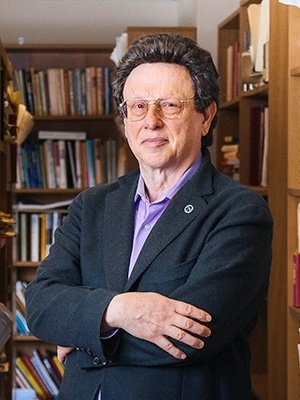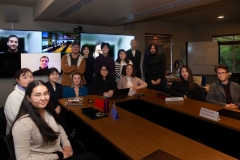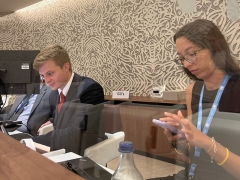How I Got Hired: Head of the Research Section, Disarmament, Nonproliferation and Science Department, Ministry of Foreign Affairs, Japan
Sayaka Shingu landed her dream job with the Japanese Foreign Ministry where her current job responsibilities are directly related to signature courses in nonproliferation completed at Middlebury Institute.




